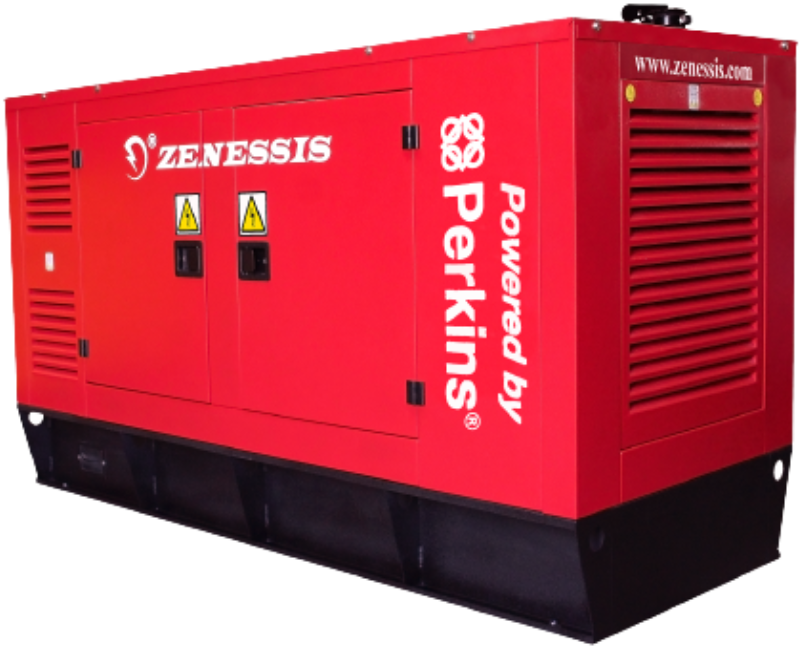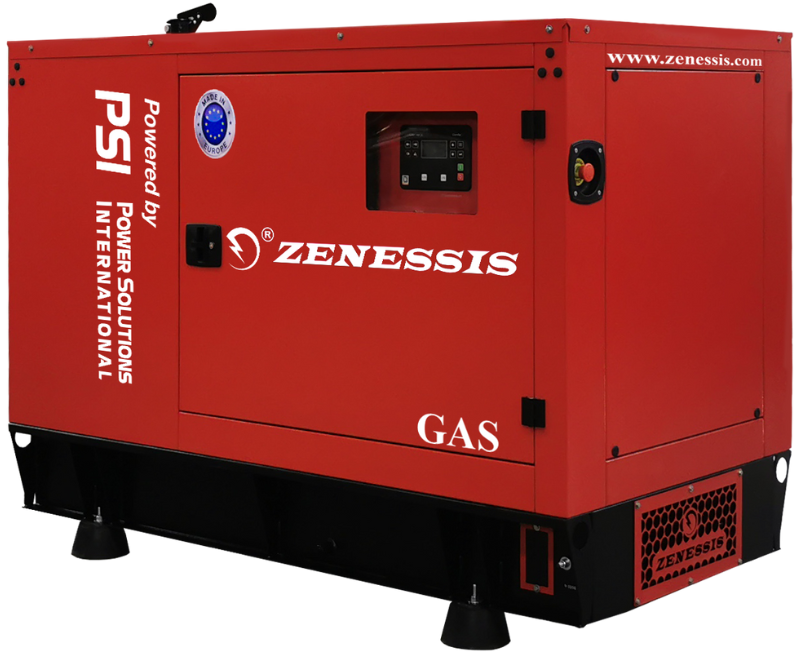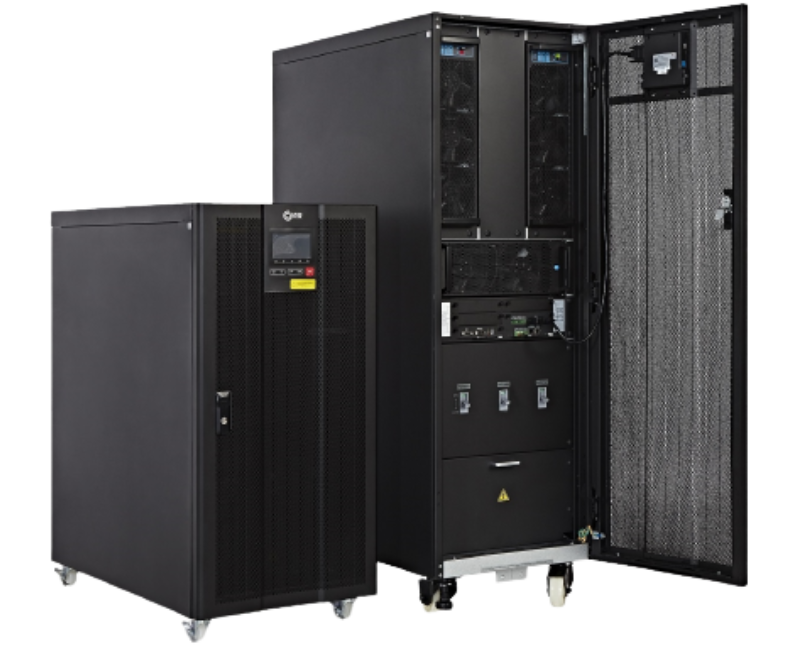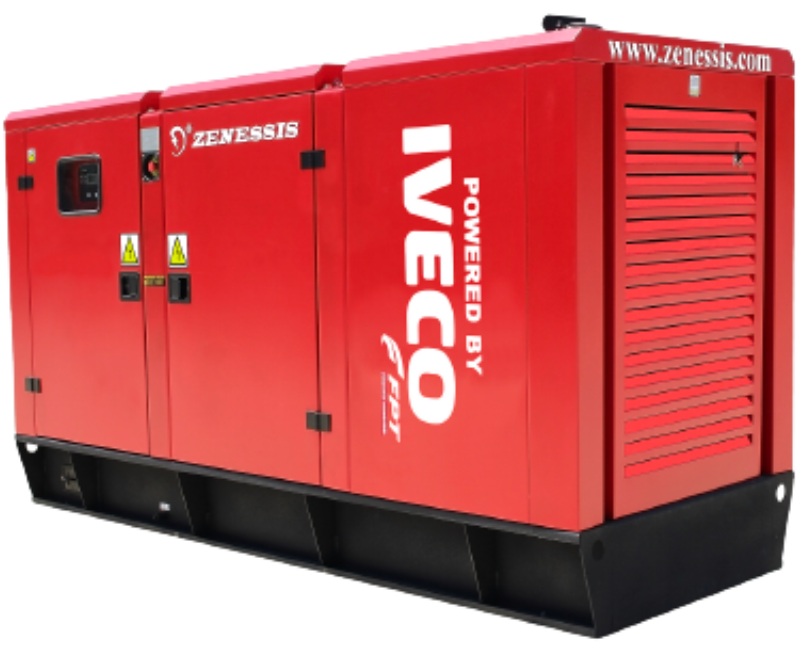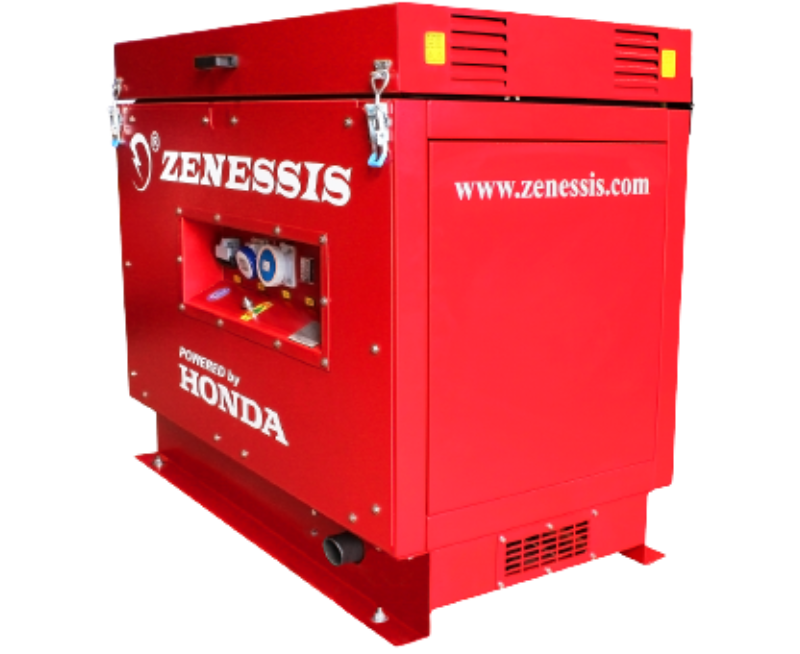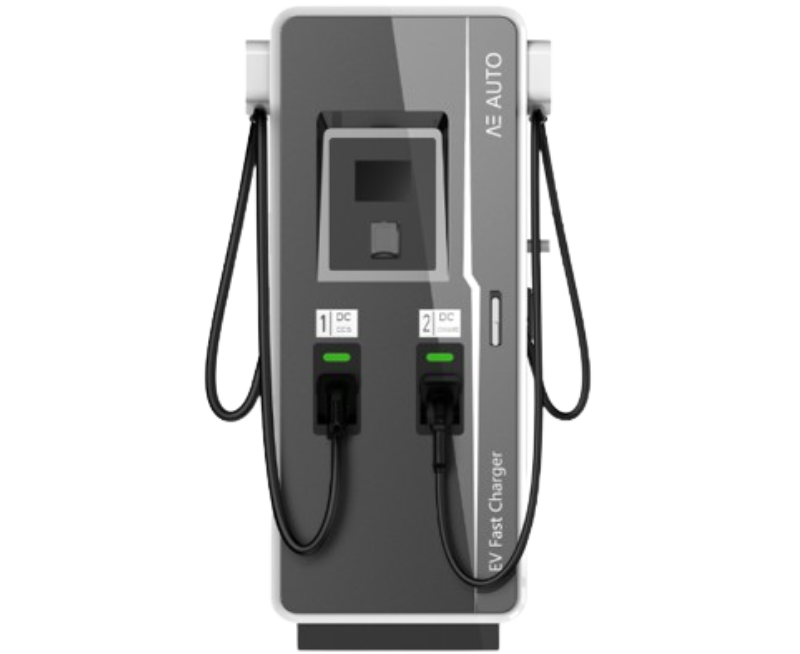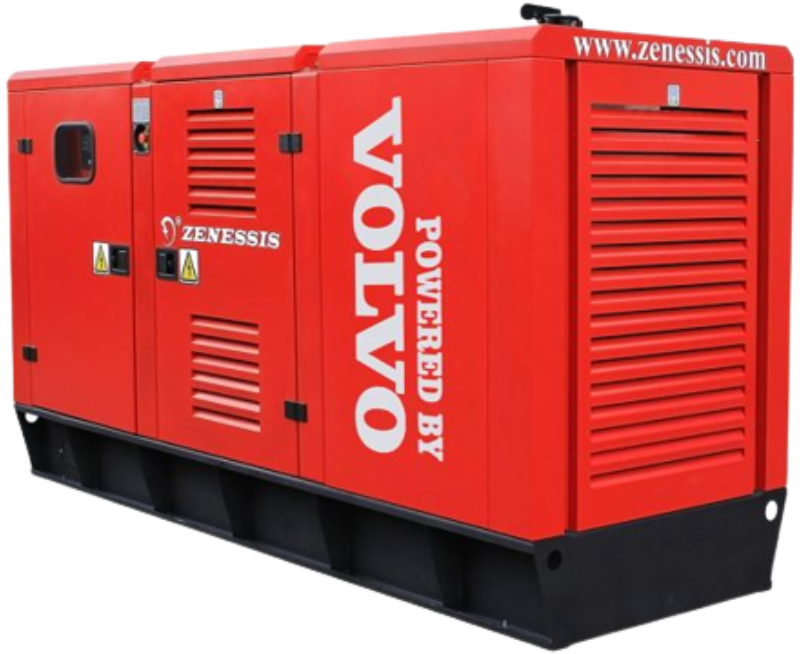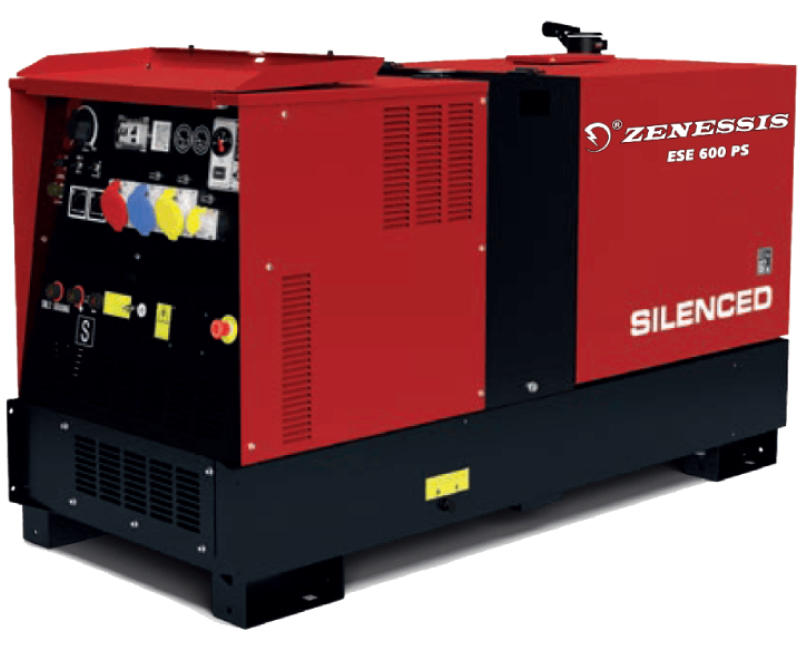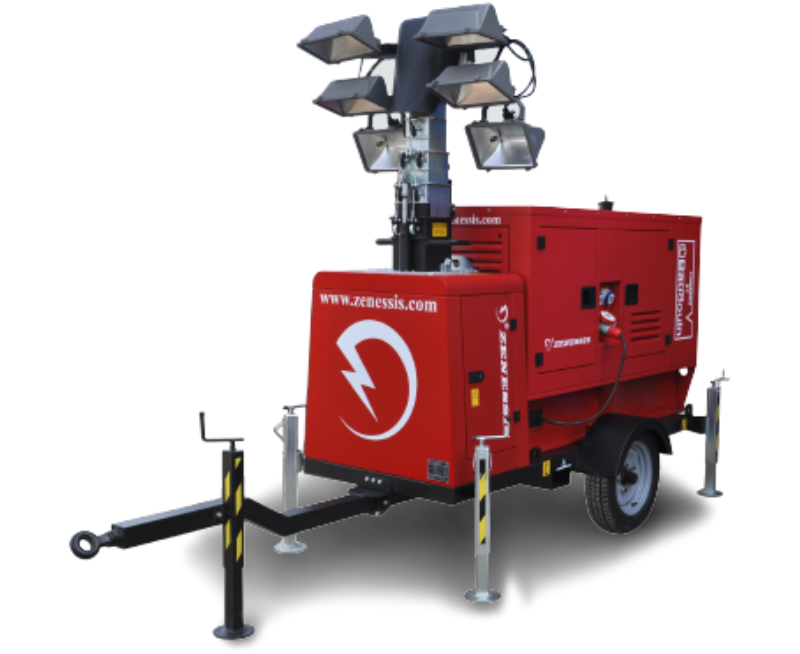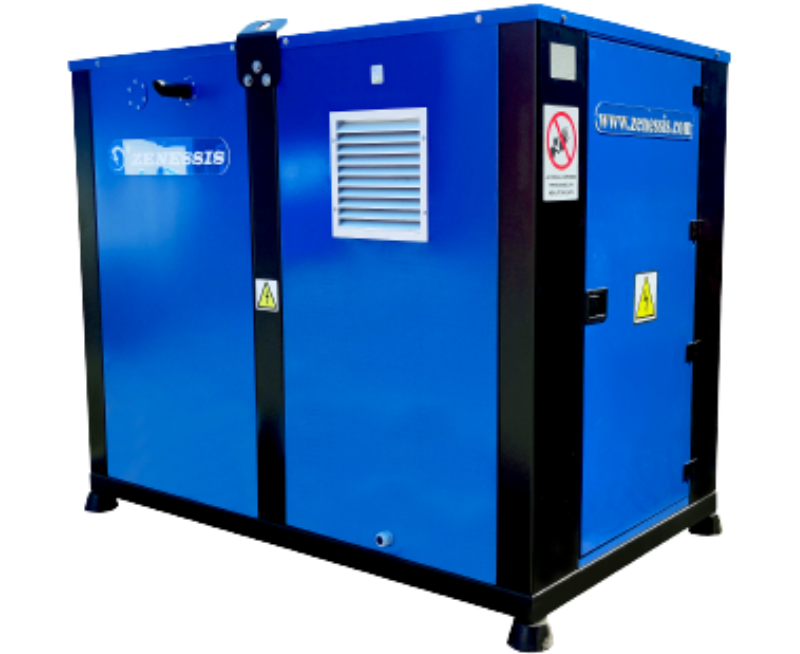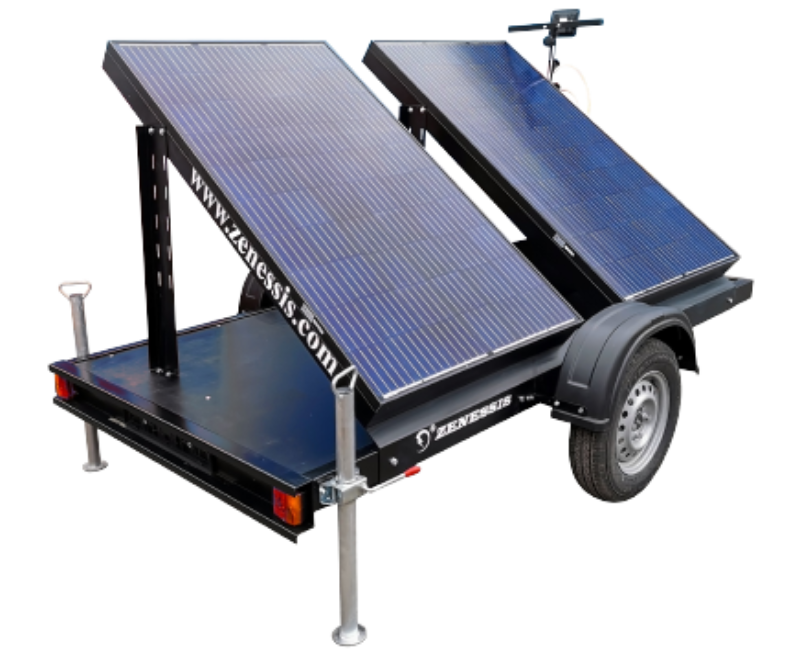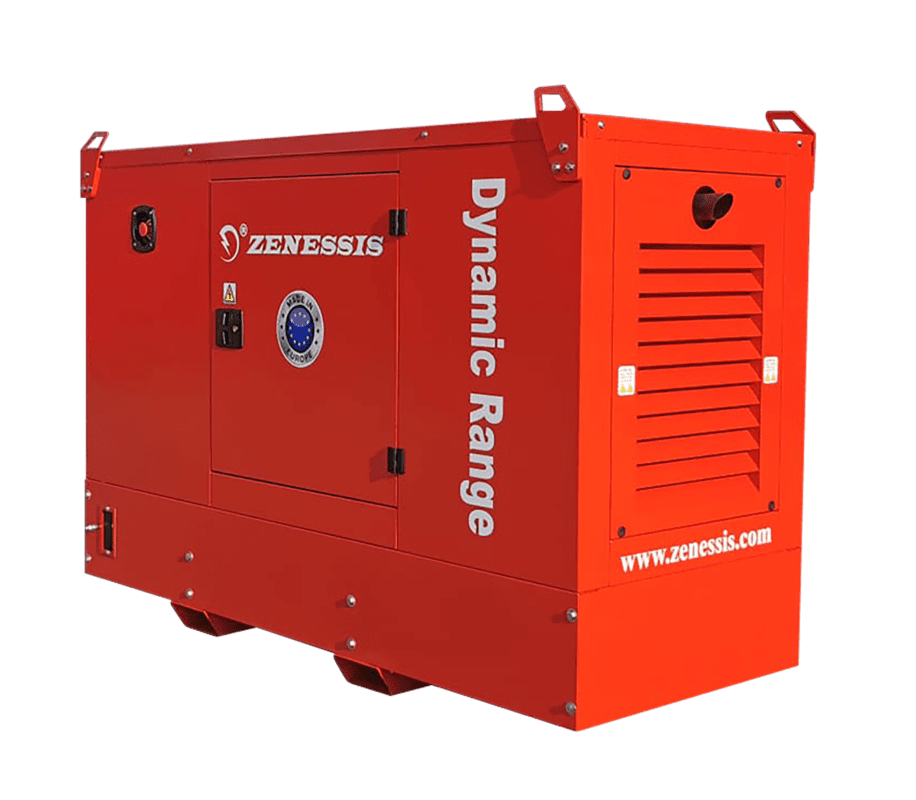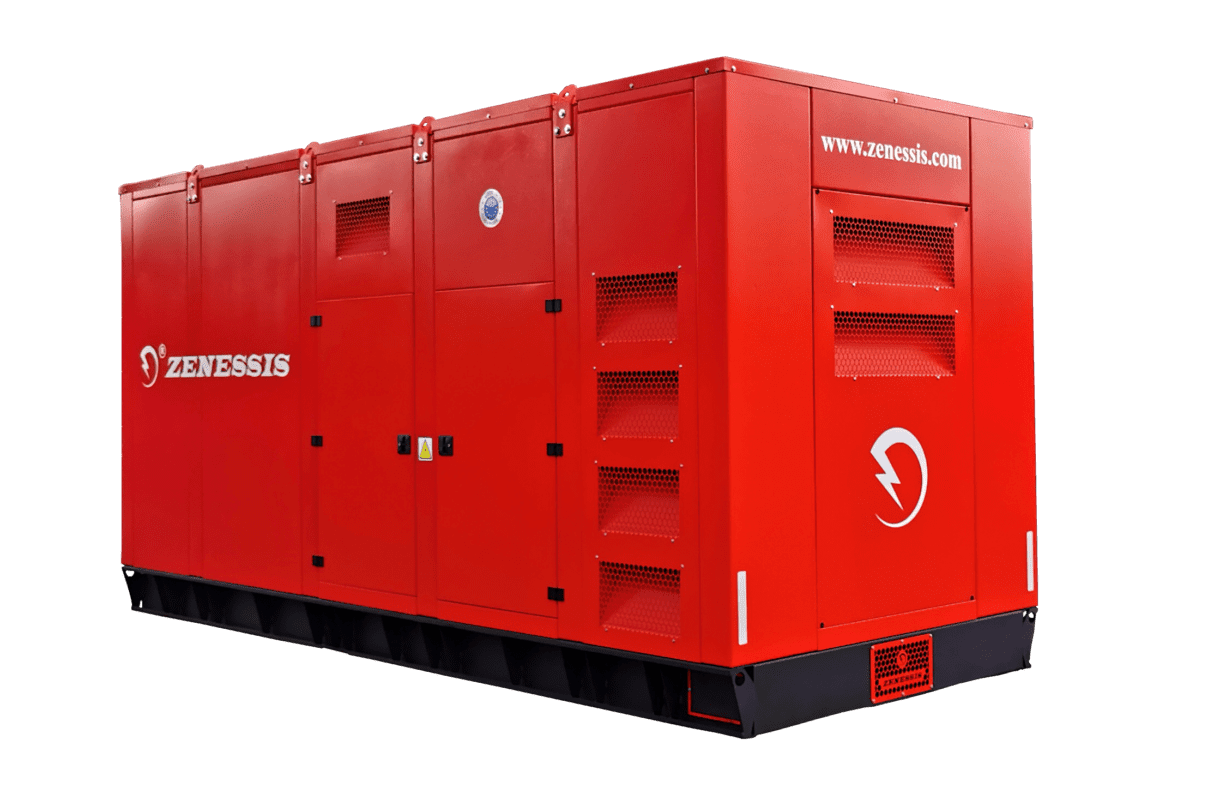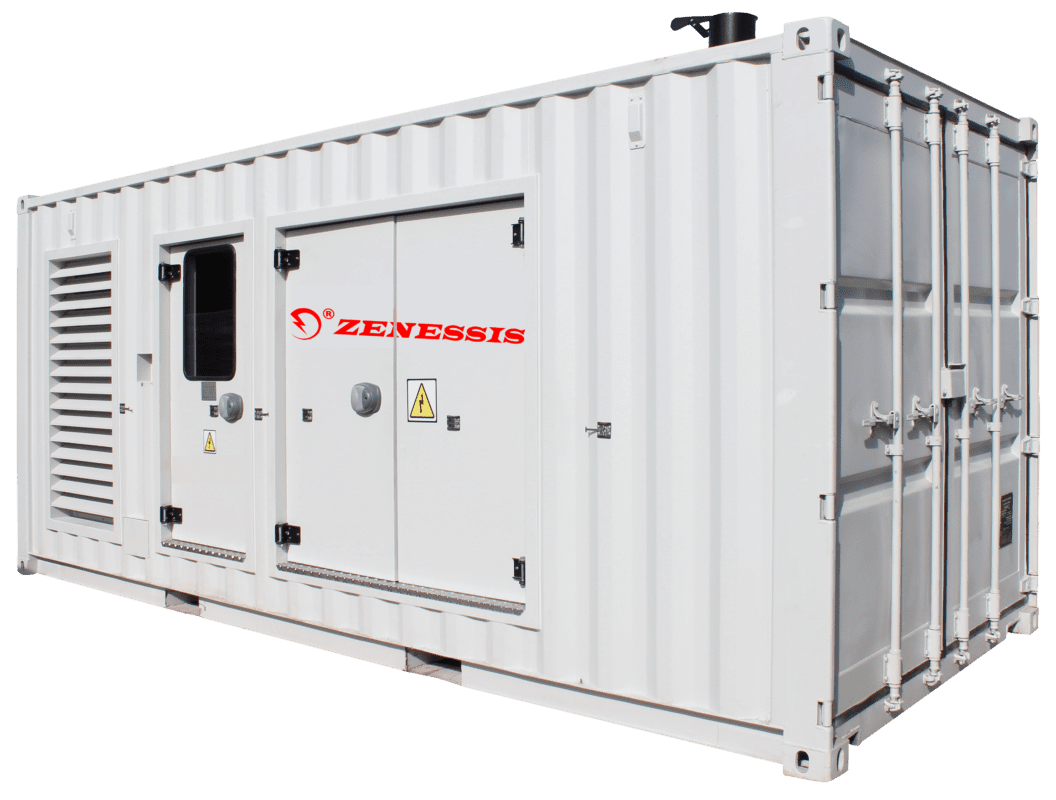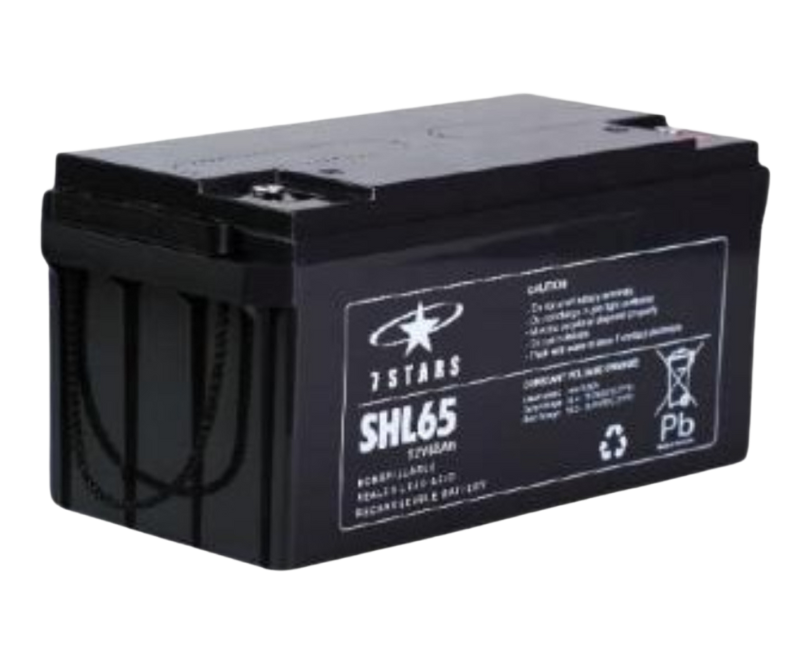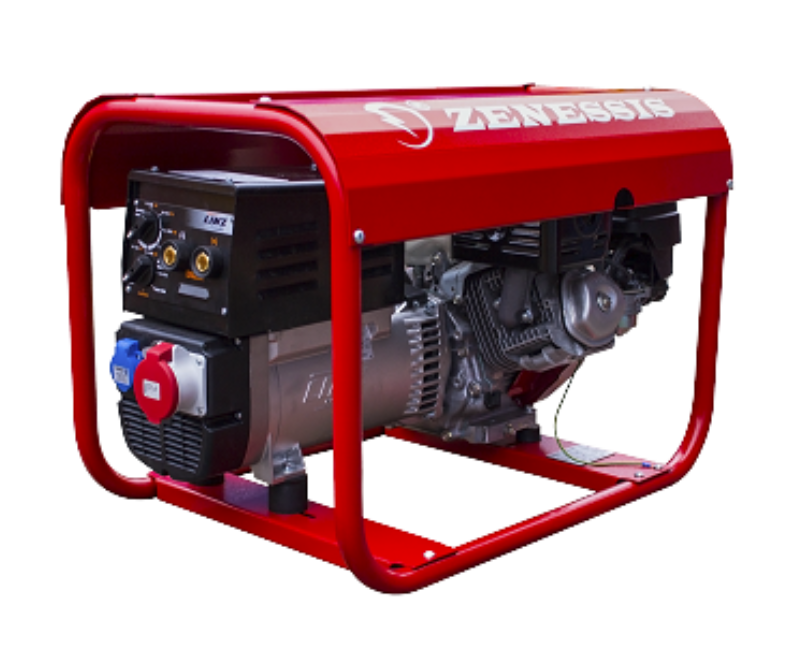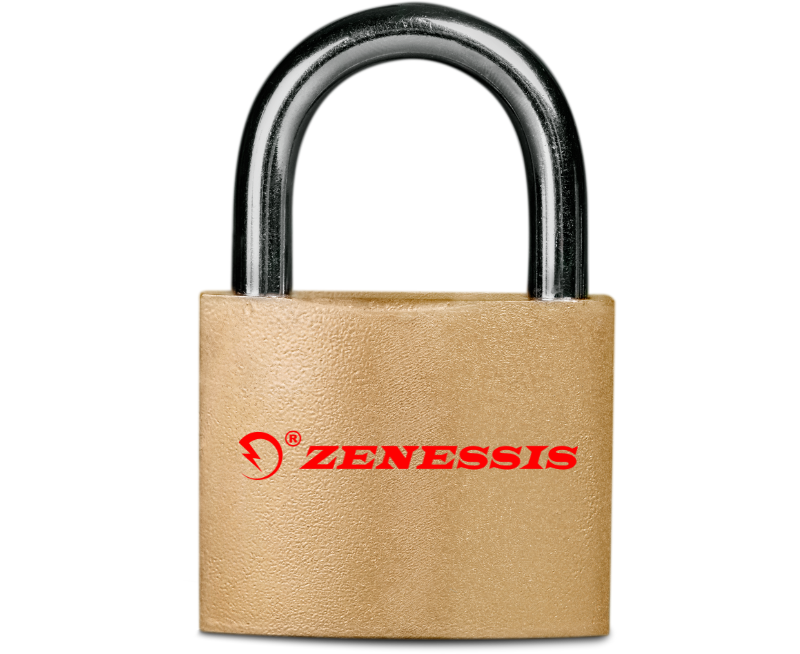Diesel Generator for Agriculture: Efficiency and Reliability on Farms
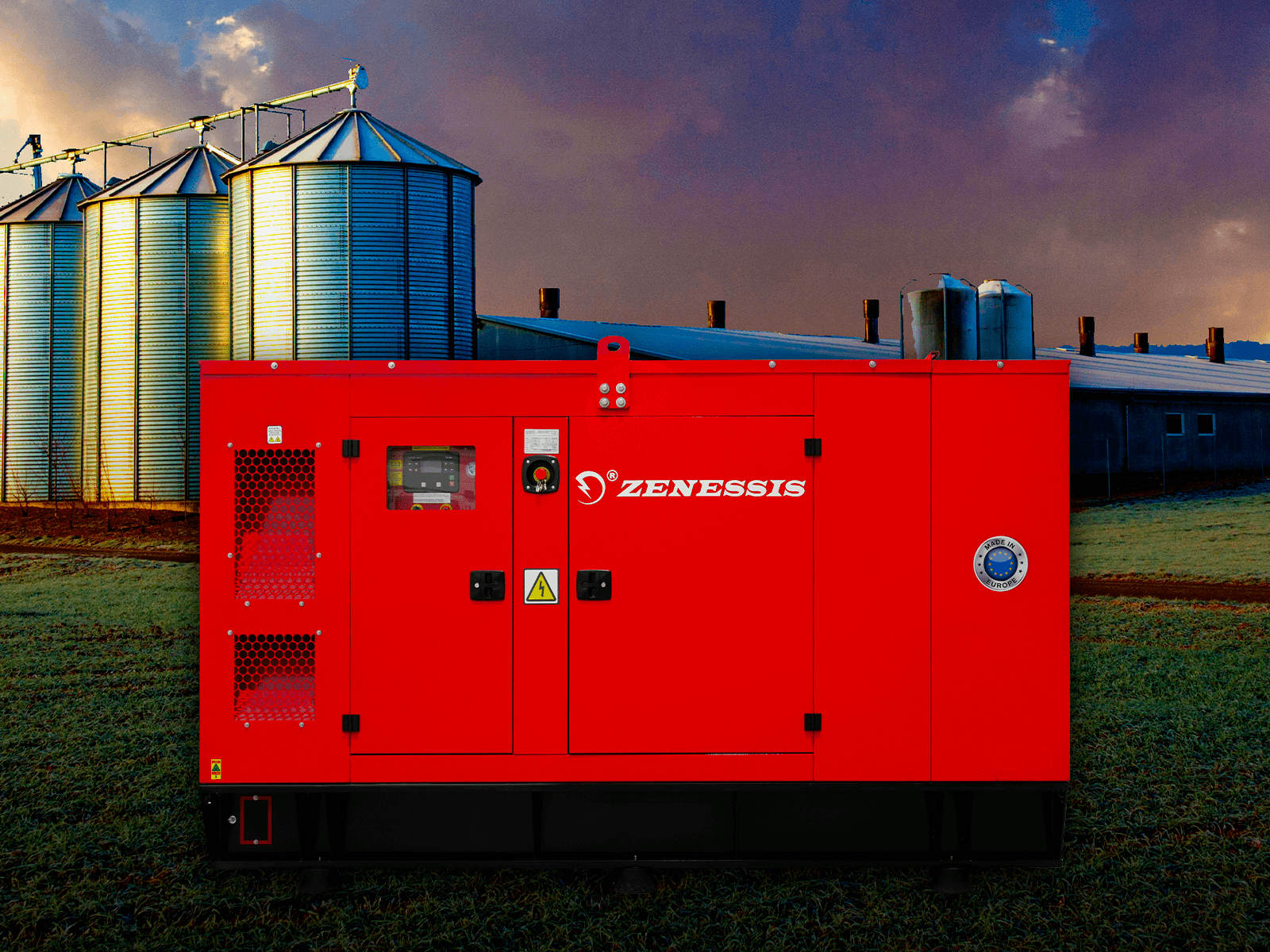
Why a Diesel Generator is Essential on a Modern Farm
Electricity is the silent engine of production on a farm. Whether we’re talking about automated irrigation, heating animal shelters, processing agricultural products, or lighting during the night, all these activities depend on a constant and reliable energy source. Any interruption—be it a few minutes or hours—can have direct negative consequences: compromised crops, loss of livestock, halted production chains, or significant financial losses.
In rural Romania, where the electricity distribution network is often unstable, such interruptions are frequent. This is where the crucial role of a diesel generator comes in: it ensures immediate power, with no downtime, whenever an outage occurs. Essentially, it becomes a guarantee of the continuity of agricultural business.
Why a Gasoline Generator Isn’t Enough for Agriculture
Although gasoline generators are more affordable and portable, they aren’t built for heavy and continuous use. High fuel consumption, shorter lifespan, and performance limitations make them suitable only for occasional tasks, such as powering a small piece of equipment for a few hours.
Diesel generators, on the other hand, are designed for:
- Continuous Operation: They can run 24/7 under heavy load without risk.
- High Efficiency: Diesel engines consume less fuel relative to the energy produced.
- Enhanced Durability: A robust housing and resistant components ensure long service life.
- Greater Power Output: Ideal for industrial agricultural equipment requiring consistent load.
These differences are particularly evident in medium and large-scale operations. A diesel generator can power a complete irrigation system, a mill, a cold storage facility, and several essential pieces of equipment simultaneously.
5 Key Advantages of Zenessis Diesel Generators in Agriculture
Reliability in Any Condition — Tested on Real Farms
Zenessis generators are built to meet the demands of Romanian farms, regardless of climate, soil type, or usage intensity. Models are equipped with engines known for endurance, such as Perkins, Volvo Penta, Doosan, or Scania. They offer immediate start-up, even in sub-zero temperatures or dusty and humid conditions.
Energy Efficiency and Lower Operating Costs
A Zenessis diesel generator uses less fuel than a comparable gasoline unit, thanks to the higher efficiency of diesel engines. Over time, the cost difference becomes substantial, especially for farms that rely on them daily.
Comparison Example:
| Generator Type | Average Consumption/hour | Average Lifespan | Monthly Fuel Cost (RON) |
| Diesel Zenessis 30kVA | 5.5 liters | 12–15 years | ~1200 |
| Gasoline 30kVA | 8.5 liters | 5–7 years | ~1800 |
You can save over RON 6,000/year just from fuel consumption!
Full Automation with AAR Panel
The AAR (Automatic Reserve Activation) panel allows the generator to start automatically when the power grid fails. The farmer doesn’t need to be present— the system reacts instantly, keeping all vital equipment running.
AAR Panel Features:
- Monitoring of the main grid and generator
- Seamless automatic switching
- Overvoltage and overload protection
- Priority management for essential consumers
Wide Power Range — From Greenhouses to Industrial Operations
Whether you have a small greenhouse with a few fans or a 300-hectare farm, Zenessis offers tailored solutions. Power outputs range from 1 kVA to 5000 kVA, covering all agricultural needs.
Power Guidelines:
- <15 kVA – small farms, greenhouses, beekeeping
- 20–80 kVA – irrigation, pumps, ventilation
- 100–300 kVA – product processing, multiple machines
- 300 kVA – large mixed farms, agro-industrial complexes
Compliance with Environmental Standards and Full Certification
All Zenessis diesel generators comply with European emission regulations, including Stage V standards for industrial equipment since 2019. This means reduced NOx and particulate emissions, protecting both the environment and workers’ health.
In addition to CE and ISO certifications (9001, 14001, 18001, 27001), generators are tested before delivery and come with extended warranties.
How to Choose the Ideal Diesel Generator for Your Farm
3 Essential Questions Before Buying
Choosing the right generator doesn’t start with the brand or price but with a clear understanding of the farm’s needs. Honestly answer the following:
- How often do you need power?
If the generator will run daily or continuously (e.g., for automated irrigation or climate-controlled shelters), you need an industrial diesel model with a high-performance engine and efficient cooling system. - What equipment needs to be powered?
List all machines and power consumers. Determine their wattage in kW or kVA. Add a 20–30% safety buffer for surges or temporary loads. - Do you already have alternative power sources?
If you use solar panels or UPS systems, the generator should complement—not replace—the setup. You may need synchronization or integration via an automated panel.
Types of Zenessis Generators Suitable for Agriculture
Endress Zenessis offers a wide range of models, each tailored to a specific agricultural context. Choosing the right one reduces costs and maximizes efficiency.
- Stationary Diesel Generators
Ideal for farms operating long-term in a fixed location. Available with soundproof housing and anti-vibration systems. - Silent Generators
Perfect for farms near residential areas. Low noise levels without sacrificing performance. - Portable Generators
For temporary use (harvest campaigns, agricultural fairs, mobile irrigation). Easy to move from one location to another. - Generators for Specialized Equipment
Models optimized for welding, high-capacity pumps, or industrial HVAC systems. Also available in photovoltaic-compatible versions for green systems.
How to Integrate a Generator into Your Existing System
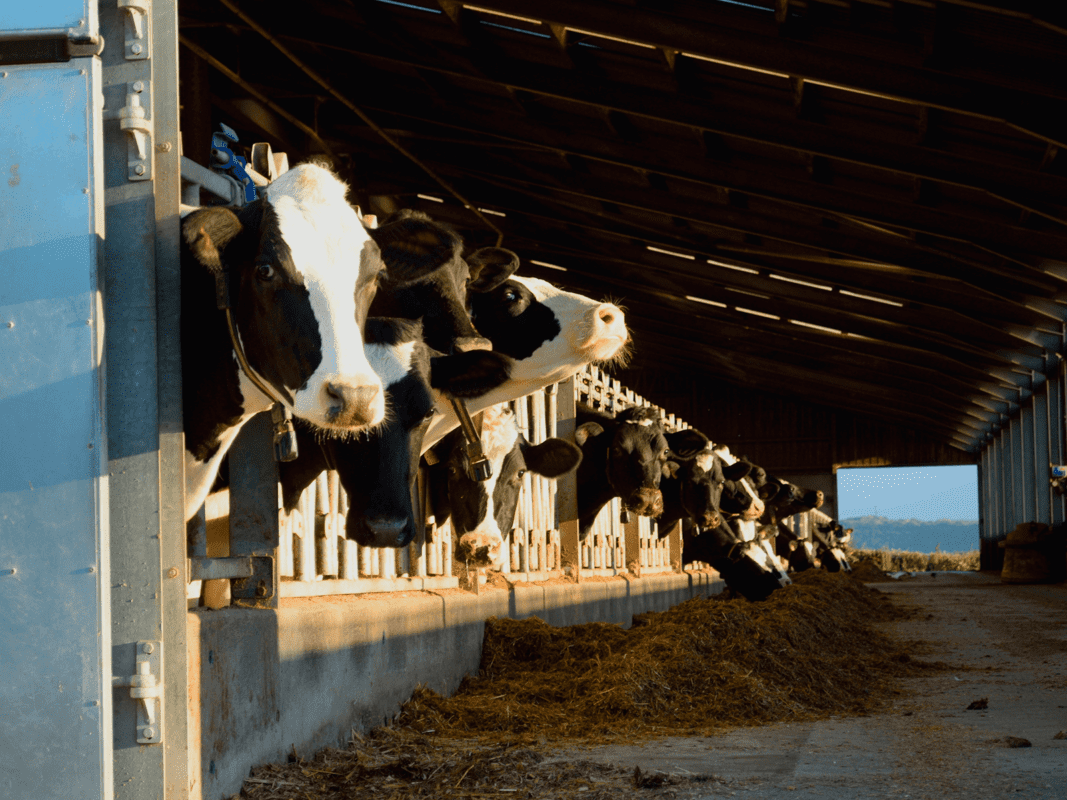
One of the most overlooked aspects is proper integration of the generator into the farm’s existing electrical setup.
A standalone generator can work, but real value comes from professional installation, which includes:
- AAR Panel: Detects power loss and switches automatically to generator.
- Smart Controller: Manages start/stop, voltage monitoring, and error alerts.
- Customized Distribution Panel: Allows prioritization of consumers and overload protection.
Case Studies: Diesel Generators in Real Agricultural Use
Case Study: Poultry Farm in Arad County Using AAR Panel System
A medium-sized poultry farm in Arad faced frequent outages, especially in summer. High temperatures in birdhouses required constant ventilation. A 15-minute outage could suffocate dozens of birds, especially chicks.
Solution: A 120 kVA Zenessis diesel generator with a Perkins engine and fully automated AAR panel. Housed in a soundproof casing, the system was integrated with the farm’s existing climate sensors.
Result:
- Generator starts in under 10 seconds after power loss
- The birds continuously benefit from fresh air, even during storms or power outages.
- Annual losses reduced by over 90%, and farm capacity increased by 25% the following season.
Case Study: Diesel Generator Saved the Crop in a Drought Season
Last summer, a crop farm in Buzău County faced extreme drought. Irrigation was critical to save the corn crop. During a crucial week, a major grid failure left the area without power for 48 hours.
Fortunately, the farm had recently installed a 250 kVA Zenessis diesel generator, designed for continuous use with optimized cooling. The generator powered:
- 4 high-capacity irrigation pumps
- Automatic drip system for vegetables
- Farm lighting and surveillance systems
Outcome: Over 40 hectares of crops were saved. Without the generator, losses would have exceeded RON 200,000.
Proper Installation of a Diesel Generator: 5 Essential Steps
Required Implementation Stages
Installing a diesel generator isn’t just about “placing it on concrete and starting the engine.” Professional installation ensures optimal operation, safety, and long-term efficiency. Here are 5 key steps every farmer should follow:
- Energy Needs Assessment
Zenessis specialists analyze all electrical consumers (pumps, mills, heating systems, fans). Total required power is calculated, and a suitable generator is recommended. - Choosing the Right Location
The generator must be placed in a well-ventilated, dry area, protected from rain or dust. Consider building distance, cable routes, and noise levels. - Installing the Generator and AAR Panel
Performed by an authorized team, ensuring correct grid connection, grounding, AAR panel and controller installation. Includes circuit breakers and protection systems. - Full Functionality Testing
The generator is tested under actual load. A simulated blackout checks response time and auto-switching. Parameters are fine-tuned on the panel. - Staff Training and Documentation Delivery
Farmers and workers are trained in basic operation, routine checks, error alerts, and emergency procedures. Warranty certificates and manuals are provided.
Preventive Maintenance Services by Endress Zenessis
No matter how powerful, a diesel generator requires regular maintenance. Endress Zenessis offers complete farm maintenance packages, tailored to usage and equipment type.
What Preventive Maintenance Includes:
- Monthly checks (oil level, battery condition, electrical connections)
- Consumables replacement (filters, oil, belts)
- Load testing and sensor calibration
- Cooling and exhaust system cleaning
- Firmware updates for smart controllers
These services are available 24/7. Remote monitoring allows real-time generator supervision. In case of alerts, the technical team intervenes quickly to prevent downtime.
Scheduled maintenance means no surprises and maximized investment lifespan.
Expert Advice: Practical Tips for Farmers Choosing a Diesel Generator
Quick Guide: How to Extend Your Generator’s Lifespan
Buying a diesel generator is a strategic investment. But the real value lies in proper maintenance and consistent use. Following a few simple rules can extend the equipment’s life by several years.
Top Tips from Zenessis Experts:
- Use only quality fuel:
Diesel engines are sensitive to impurities. Use clean fuel without water or sediments. Add extra filters if needed. - Check oil and coolant levels weekly: Inadequate lubrication or cooling leads to rapid wear.
- Start the generator at least once every two weeks: Even if unused, a test run keeps the battery charged and prevents buildup in the fuel system.
- Clean air intake and exhaust:
Dust, plant fuzz, or spiders can block airflow. A clogged turbine won’t cool properly. - Stick to the maintenance schedule:
Don’t delay oil, filter, or belt changes, or technical inspections. A service contract takes the burden off your shoulders.
Frequently Asked Questions (FAQ) about Agricultural Diesel Generators
1. Can I use the generator with solar panels?
Yes. The generator can act as a backup source on cloudy days or when batteries are drained. With proper energy management, both systems work well together.
2. How loud is a silent generator?
Zenessis Silent models operate at 60–70 dB(A) at 7 meters—similar to a household vacuum cleaner. Suitable for installation near buildings without acoustic discomfort.
3. How often is maintenance required?
For daily use: a full service every 250–500 hours. For occasional use: monthly checks + one annual general service.
4. What if the generator doesn’t start automatically?
The AAR panel has self-diagnostic functions. In case of error, it sends a fault code and can be reset locally or remotely. The technical team responds within 24 hours.
5. Can I use the same generator for irrigation and processing?
Yes, provided the generator has enough capacity to cover peak loads. It’s best to install a prioritization panel to manage power distribution.

